Pre-Painted Galvalume Steel Coil / Sheet / Plate
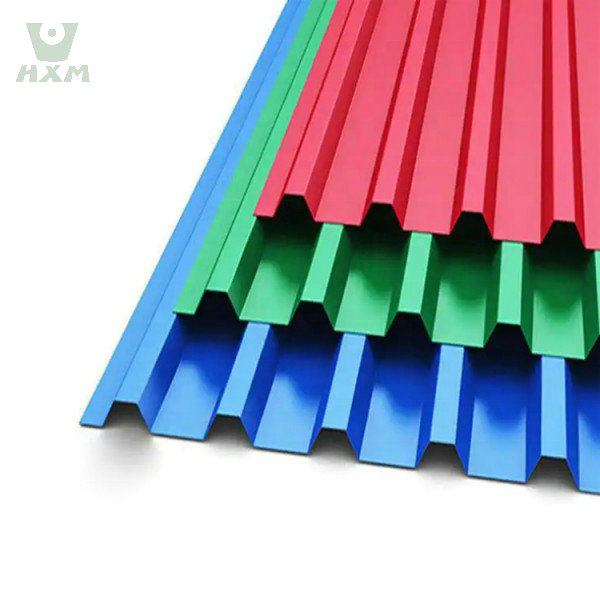
Huaxiao-Alloy’s Pre-Painted Galvalume® Steel combines 55% aluminum-zinc alloy substrate with precision-engineered polymer coatings – delivering 4-6x longer service life vs. standard PPGI.
Pre-Painted Galvanized Steel Coil / Sheet / Plate
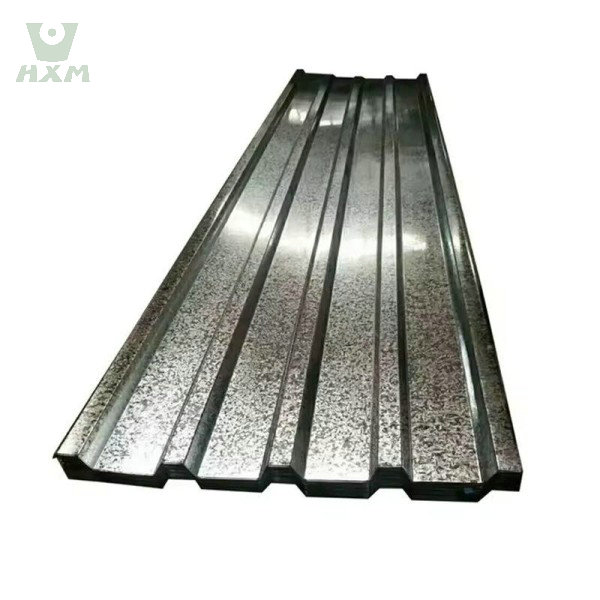
Huaxiao-Alloy’s Pre-Painted Galvanized Steel combines dual-layer protection: a zinc-based metallic substrate (GI or GL) with advanced polymer coatings – engineered to withstand UV degradation, chemical exposure, and mechanical stress while maintaining color integrity for 20-40 years.
Galvalume Steel Coil / Sheet / Plate
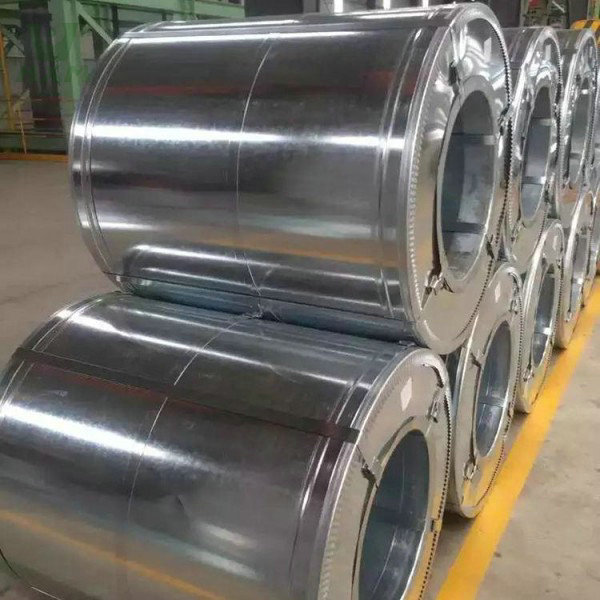
Huaxiao-Alloy’s Galvalume® (55% Al-43.4% Zn-1.6% Si) delivers triple-defense corrosion resistance – combining aluminum’s barrier protection, zinc’s sacrificial cathodic action, and silicon’s alloy-layer control.
Zinc-Aluminum-Magnesium Coated Steel Coil / Sheet / Plate
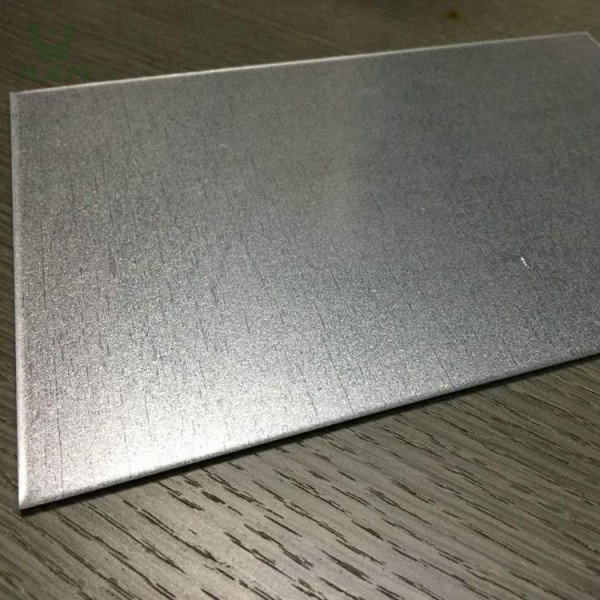
Huaxiao-Alloy’s Zinc-Aluminum-Magnesium (ZAM) coating leverages a ternary alloy (Zn + 5-11% Al + 2-3% Mg) to deliver 10-15X superior corrosion resistance vs. traditional galvanized steel. The patented self-repairing mechanism forms dense protective films over scratches and cut edges – revolutionizing structural longevity in marine, automotive, and infrastructure projects.
Hot-Dip Aluminum Coated Steel Coil / Sheet / Plate
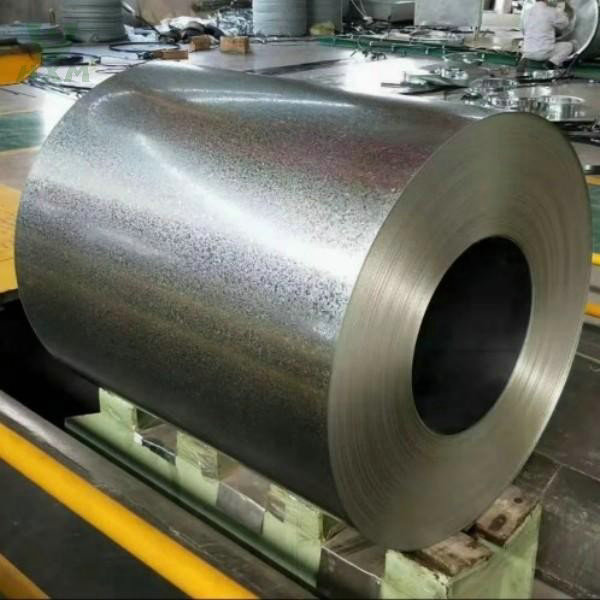
Huaxiao-Alloy’s Hot-Dip Aluminum Coating transforms carbon steel into an ultra-durable hybrid material that outperforms traditional galvanized steel 3-5x in extreme heat (≤800°C) and corrosive environments.
Electro-Galvanized Steel Coil / Sheet / Plate
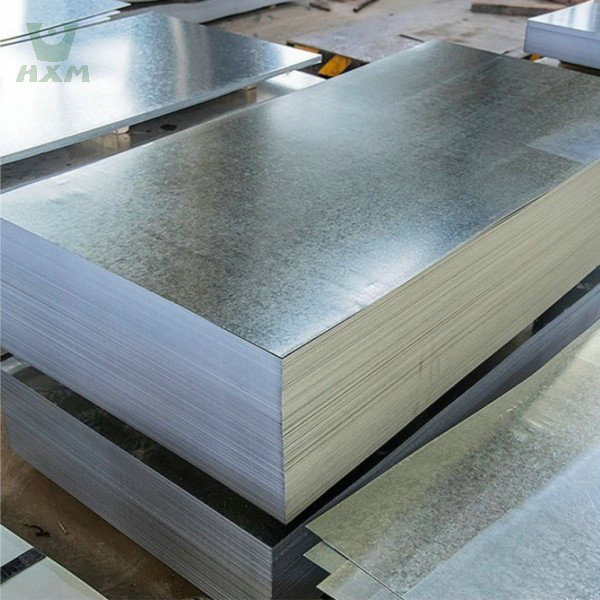
Precision ELECTRO-GALVANIZED STEEL COIL/SHEET/ PLATE exporter. Zinc-coated coils/sheets (20–180 g/m²), zero-spangle finish, RoHS-compliant. For automotive, electronics & appliances. Custom widths & tempers.
Hot-Dip Galvanized Steel Coil / Sheet / Plate
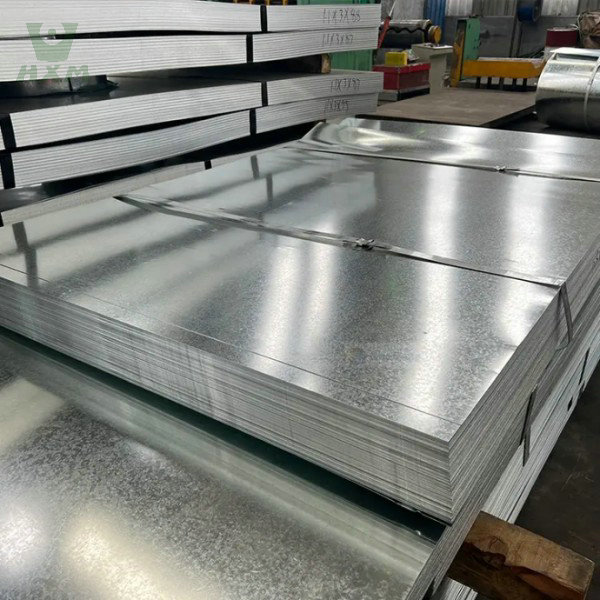
Premium HDG steel exporter. Full range: Z60-Z600 coating (60–600g/m²), spangle control, certified per ASTM/ISO/JIS. Bridge, construction & renewable energy solutions. Request specs.
Electrical Steel vs. Normal Steel: Critical Differences
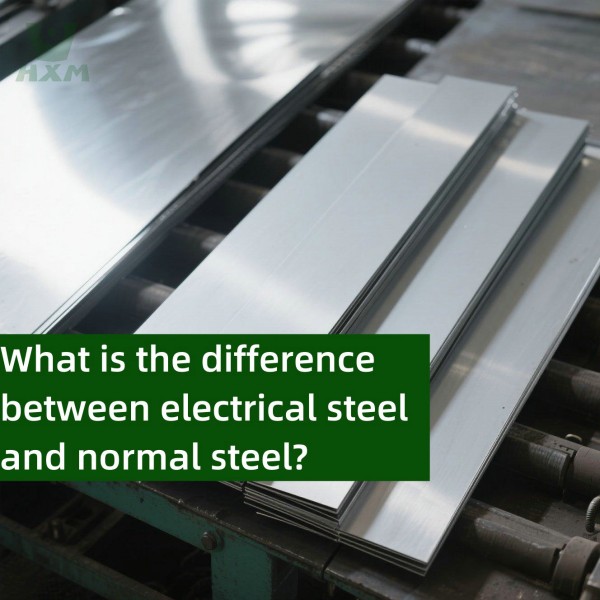
Electrical steel vs. normal steel: Composition, magnetic properties, applications & cost analysis. Guide to Huaxiao-Alloy’s CRGO, CRNGO & specialty steels for motors, transformers & EVs.
What is known as electrical steel?
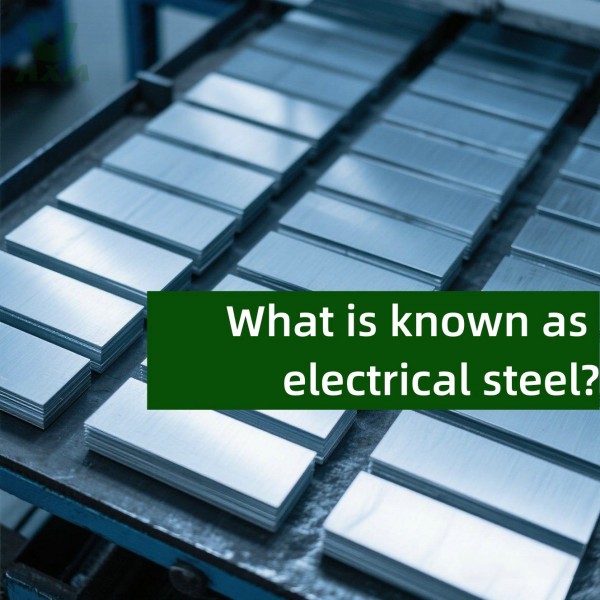
Electrical steel (silicon steel/laminations) explained: Properties, types (GOES/NGOES), global standards (IEC/ASTM), and Huaxiao-Alloy’s premium range for motors, transformers & EV systems.
How much does electrical steel cost?
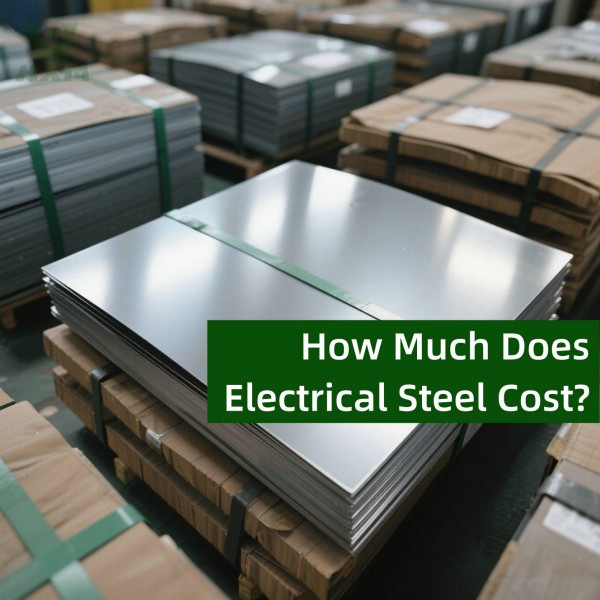
Electrical steel costs decoded: CRGO, CRNGO, Hi-B & thin-gauge steels. Factors, global ranges ($/kg), and Huaxiao-Alloy’s premium stock. Get quote-ready estimates.



